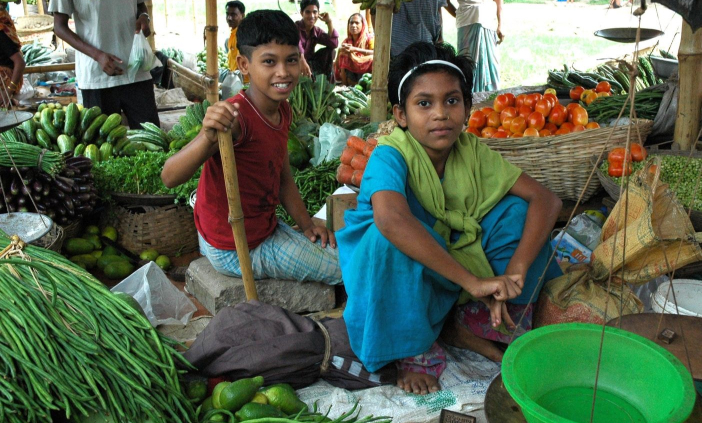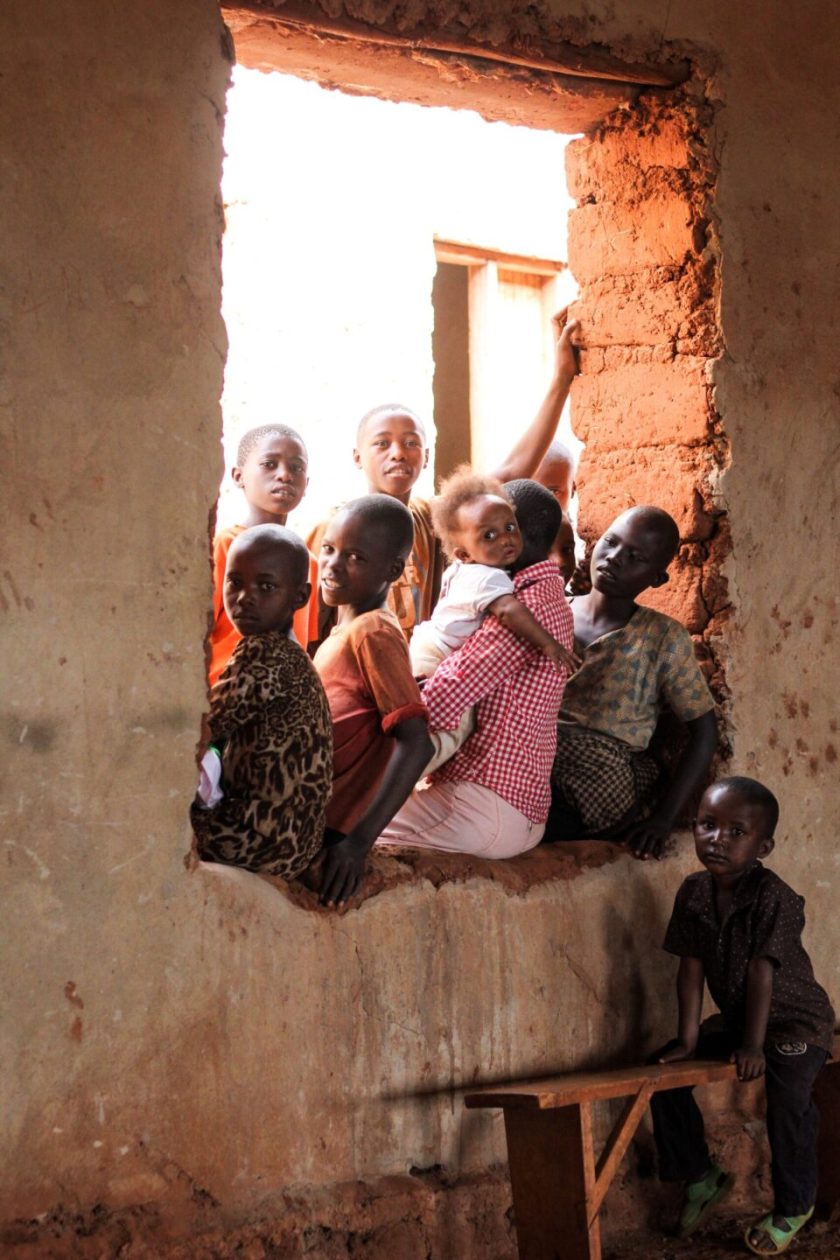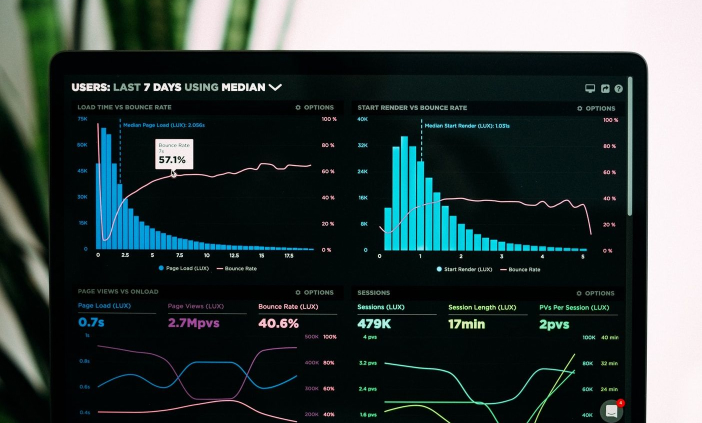World Food Programme


The Situation
Non-government organisations (NGOs) such as the United Nations (UN) are actively interested in measuring their contribution to peace. Given their mission as an organisation, the United Nations are seeking means of quantifying risk through an analytical model, particularly in a data driven society. This is essential for reportability and confirmation that the contributions of donors is resulting in improving world peace.
The Problem
Measurement of peace is incredibly complex. Despite the World Food Programme (WFP) being awarded the Nobel Peace Prize in 2020, they had no robust mechanism for quantifying their own contribution to peace. With the number of donors attracted to the World Food Programme given this achievement, and the long-term funding provided to them thereafter, they recognised the importance of measuring the impact of food in contributing to peace but lacked the internal capability to do so.
The Idea
WFP, the food assistance branch of the UN, recognised that contribution to peace can be assessed by instead measuring conflict, as peace and conflict are opposites of one another. Therefore, the means of quantifying peace is recognised as constructing an analytical model to measure conflict. Reduction of conflict is then realised to be an increase in peace.
WFP intended to create alignment between conflict sensitivity analysis consultants and data scientists with the view of constructing an initial data model and analytics dashboard allowing stakeholders ranging internal WFP staff and external stakeholders to access this data in real time.


The Technology
WFP developed a data driven analytics model through three noteworthy steps:
- Inception of a data collection tool allowing field consultants to capture qualitative insights from civilians to provide feedback over several years regarding the impact of WFP program activities on contribution to peace.
- Development of a data model allowing conversion of conflict sensitivity analysis, a commonly qualitative consultative approach, to a rich data analytics model.
- Distribution of insights via a role-based permissions engine enabling stakeholders of various responsibilities to access key information in real time.
Adaca was brought in to manage and develop the proof of concept in entirety.
The Outcome
After completing the initial engagement, WFP used the success of the initial program in the Philippines and Bangladesh to approve global funding from donors to then distribute the same program across ten country offices.

Get started with Adaca today
Join over 100 companies managing their technology delivery with Adaca.
